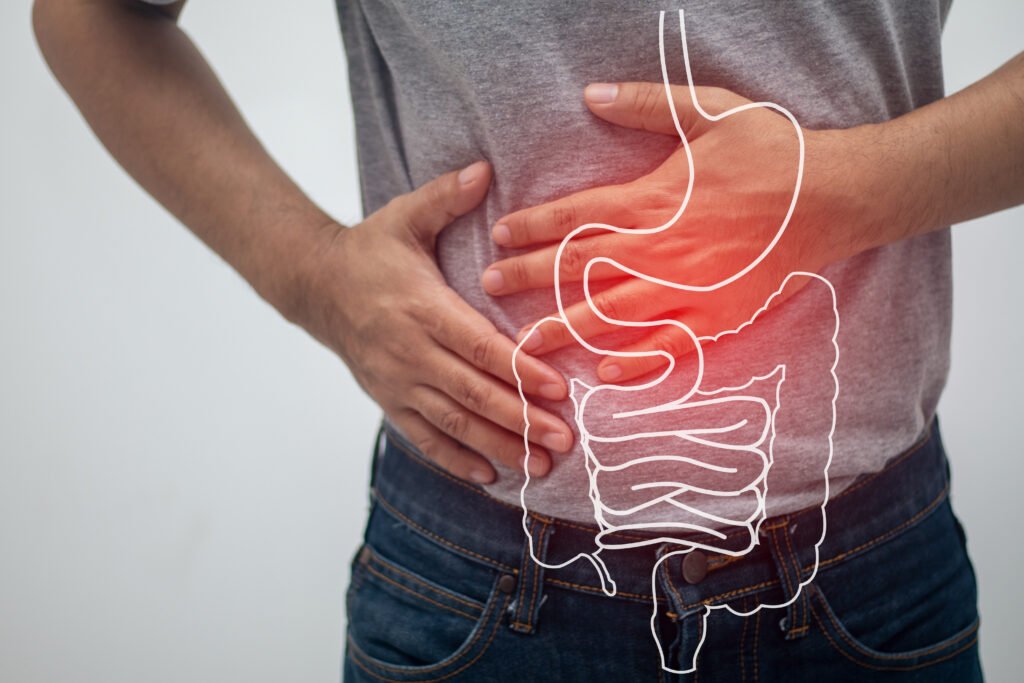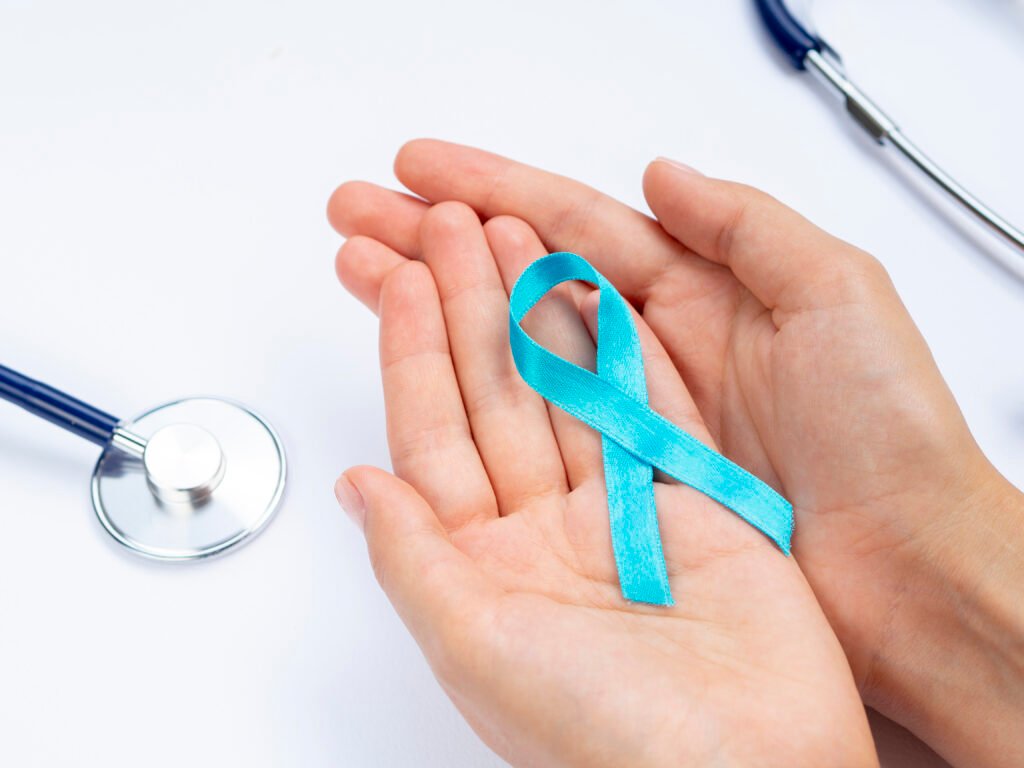8 Side Effects Of Fast Food On Your Health
Today, fast food has become popular with many people due to its appealing taste and convenience. Unfortunately, it is one of the worst types of food for your gut and negatively impacts overall health.
Below are some side effects of fast food you may not know:

1. Increased Risk of Stroke
The World Health Organization (WHO) recommends that each person should consume only 5g of salt per day, equivalent to about 1 teaspoon of salt from all sources. However, the amount of salt in fast food can exceed this, especially in items like sausages, jerky, dried shrimp, sandwiches, chips, and more. Regularly consuming too much salt increases sodium intake, over time, high sodium levels can lead to high blood pressure and increase the risk of cardiovascular disease and stroke.
2. Obesity is One of the Side Effects of Fast Food
Fast food is typically high in calories, fats, and proteins while lacking vitamins and minerals, making it a major contributor to obesity, especially for those who consume it frequently. If you often visit fast food restaurants, keep in mind that a meal with a burger, fries, and a soda can add up to at least 1,000 calories or more in one sitting. This is especially true if you opt for larger portions of fries and a regular soft drink. Furthermore, the oils, additives, preservatives, and salt in fast food not only enhance its taste but also stimulate you to eat more. Consuming more calories than your body needs over time can lead to uncontrolled weight gain, causing obesity.

3. Increased Risk of Type 2 Diabetes
Frequent fast food consumption leads to weight gain and obesity, which indirectly increases the risk of developing type 2 diabetes. Excess fat accumulation in the abdomen can result in insulin resistance (the hormone that controls blood sugar levels). This condition prevents glucose from being transported from the bloodstream into cells. Consequently, blood sugar levels remain high and can lead to type 2 diabetes.
A 2005 study by Mark A. Pereira and colleagues titled ‘Fast Food Habits, Weight Gain, and Insulin Resistance’ demonstrated that individuals who consumed more than two fast food meals per week gained an average of 4.5 kg over 15 years and doubled their risk of insulin resistance.
4. Eating Too Much Fast Food Harms the Digestive System
Fast food generally lacks fiber, vitamins, and minerals. A low-fiber diet can lead to digestive issues such as constipation, bloating, and indigestion. Additionally, with its high-fat content, excessive fast food consumption can decrease beneficial gut bacteria, increase stomach acid, and cause acid reflux, eventually leading to gastric ulcers.

5. Increased Cholesterol and Cardiovascular Disease Risk
An individual should consume no more than 22g of saturated fat per day. However, a single fast food meal can provide up to 75% or more of the daily recommended intake of saturated fats. Some types of fast food can even provide 100% to 150% of the recommended daily saturated fat intake.
Excessive saturated fat consumption increases LDL (‘bad’) cholesterol levels in the blood, raising the risk of cardiovascular disease. This is a significant risk factor from fast food that contributes to obesity and should be carefully monitored.
6. Side Effects of Fast Food on the Liver and Kidneys
Some studies have shown that fast food is nearly as harmful to the liver as alcohol. Consuming fast food for just four weeks can negatively affect liver enzymes. Additionally, trans fats from junk food can accumulate in the liver, leading to liver issues.
Excessive salt in fast food can also disrupt the sodium-potassium balance, putting additional strain on the kidneys. Various additives and preservatives in fast food can also reduce kidney function, increasing the risk of kidney stones, glomerulonephritis, or even urinary tract infections.
7. Increased Cancer Risk
The 2023 meta-analysis ‘Ultra-Processed Food Consumption and Cancer Risk’ by Irja Minde Isaksen and colleagues identified a link between fast food overconsumption and the risk of developing various cancers, including colorectal, breast, pancreatic cancer, chronic lymphocytic leukemia, and central nervous system tumors. A 10% increase in fast food consumption was associated with a higher general cancer risk, particularly breast cancer. This number rises correspondingly with increased risks of colorectal and pancreatic cancer.

8. Increased Risk of Depression
Side effects of fast food not only impact physical health but also mental health. According to a Dutch study, individuals who frequently consume fast food have a 51% higher risk of developing depression compared to those who maintain a healthy diet. While fast food may satisfy cravings at the moment, in the long term, it can cause hormonal imbalances and lead to negative emotions.
You don’t have to completely give up your favorite snacks, desserts, or fries due to the side effects of fast food. However, it’s important to limit your intake and frequency while incorporating more vegetables and fruits to ensure nutritional balance, reduce obesity risk, and protect against other health issues.

